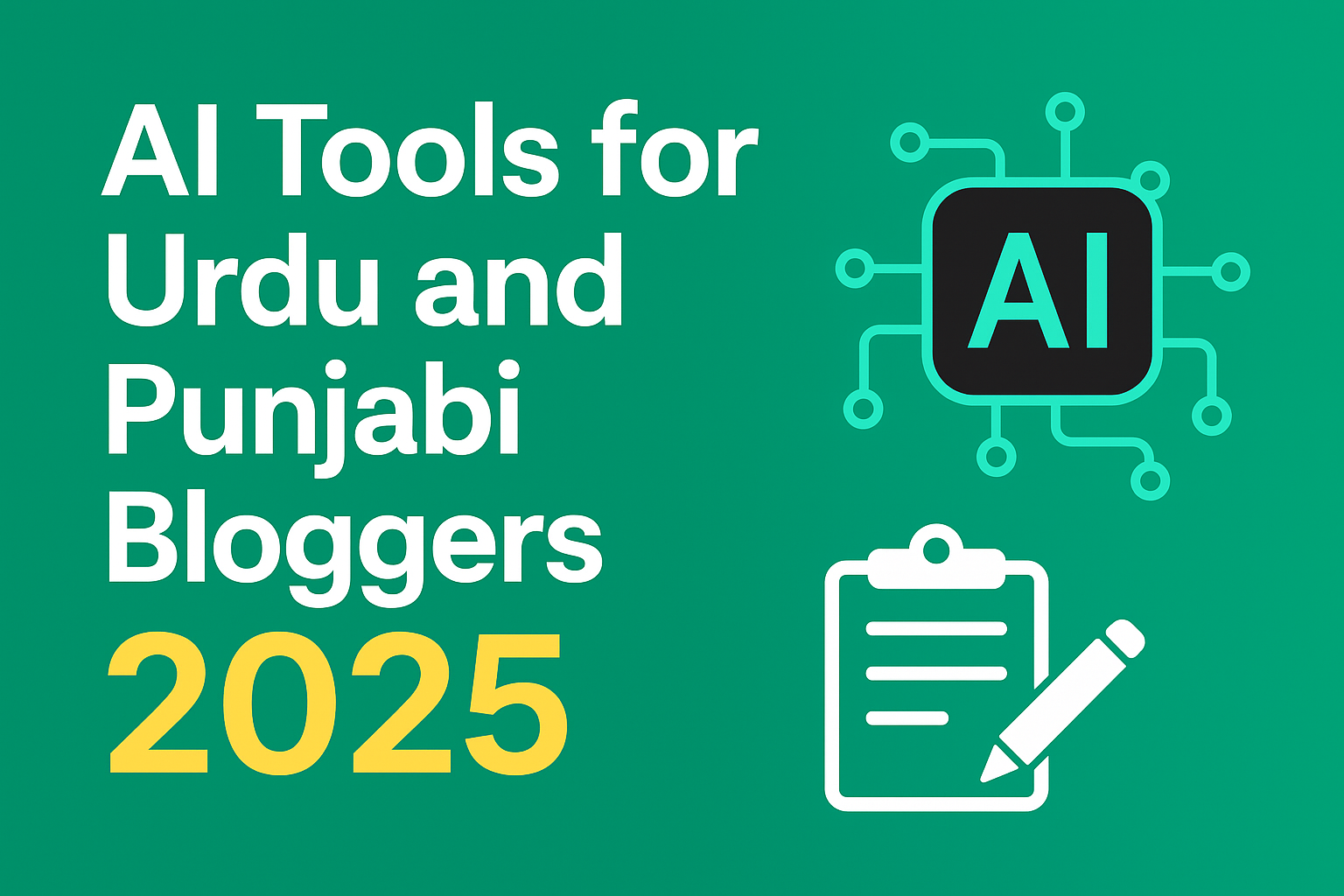In the rapidly evolving world of artificial intelligence (AI), Google Gemini has emerged as one of the most talked-about innovations in 2025. With its multimodal capabilities—processing text, images, audio, and code—Gemini has sparked excitement and anxiety alike. A recurring question among users is: Does Google Gemini really leak our photos, or is it just another scam in the AI hype cycle? In this article, we’ll explore the concerns, examine the facts, and provide practical advice on staying safe while using Gemini.
For more detailed insights, you can also check our in-depth Gemini privacy analysis on Kainat Trend Scapes.
Understanding the Fear of Photo Leaks in AI
The fear of photo leaks is not new in just Google gemini . Digital privacy has always been fragile, and the stakes feel even higher in 2025 with AI systems like Gemini. A photo is more than a file; it represents identity, emotion, and memory. Losing control of personal images can feel deeply violating.
Several factors amplify these concerns today:
1. AI Operates as a “Black Box”
For many users, AI remains mysterious. We upload images, provide prompts, and receive outputs—but what happens behind the scenes is unclear. Does Gemini store your photos? Are they used for training? Without transparency, anxiety naturally grows.
2. Historical Data Breaches Shape Our Concerns
Past incidents, from celebrity photo hacks to large-scale data leaks, have shaped public perception. These events highlight that no system is immune from security failures—even when developed by tech giants.
3. Gemini’s Multimodal Design
Unlike older AI models that primarily processed text, Google Gemini handles images, video, and audio. While this allows incredible utility—from translation to creative generation—it also increases perceived risk. Users feel more vulnerable when sharing visual content compared to plain text.
4. Rapid AI Adoption
AI adoption is happening faster than most people can process. With tools like Gemini becoming integral to productivity, social media, and entertainment, users often engage without fully understanding privacy implications.
Google’s Approach to Privacy with Gemini
Google has been proactive in addressing privacy concerns around Gemini. According to official statements:
- User inputs are private: Uploaded data is not automatically used to train Gemini’s AI models.
- Enterprise-level security: Gemini operates on secure infrastructure used by Gmail, Google Drive, and Google Photos.
- Compliance with laws: Gemini follows GDPR, CCPA, and other international standards.
- Transparency: Users can view stored data, request deletion, and manage their privacy settings.
On paper, these measures make Gemini as secure as other Google services. Yet, past breaches raise the question: can any AI service guarantee complete safety?
Evaluating the Risk: Is Gemini Really Leaking Photos?
Despite media headlines and social chatter, evidence of Google Gemini actively leaking photos is virtually nonexistent. Most concerns stem from:
- Human error: Users accidentally sharing images or granting access to the wrong apps.
- Phishing scams: Fake Gemini apps or lookalikes designed to steal sensitive information.
- Account security issues: Weak passwords and lack of two-factor authentication can compromise data.
- Temporary storage for quality checks: Even anonymized temporary data can cause concern for privacy-conscious users.
- Third-party integrations: Gemini’s connection with Gmail, Docs, and Workspace introduces additional touchpoints for potential leaks.
It’s crucial to distinguish between actual leaks caused by Gemini itself and external factors like scams or weak account security.
Scam vs Reality: Media Myths About Google Gemini
Several online rumors claim that Google Gemini leaks photos by default. Investigating these claims reveals:
- Most are exaggerated or false: Many stories originate from misinterpretation of user errors or malicious apps.
- Clickbait headlines: Sensational media coverage often amplifies fear without evidence.
- Security lessons: While the risks exist, they are often preventable with proper precautions.
This pattern suggests that while caution is warranted, the “Gemini leaks photos” narrative largely aligns with misinformation rather than verified breaches.
Protecting Your Privacy When Using Gemini
Even if Google Gemini is secure, responsible practices are essential:
- Think before uploading: Avoid sharing highly sensitive images with AI platforms.
- Use strong account security: Enable 2FA, unique passwords, and periodic security checks.
- Stick to official channels: Only access Gemini through Google-verified platforms.
- Separate personal and professional data: Keep work-related AI tasks away from private files.
- Regularly review policies: Stay updated on Google’s privacy measures.
- Consider encryption: Use offline or encrypted storage for extremely sensitive photos.
These measures reduce risks and give users control over their personal data.
How Human Behavior Amplifies Risk
The biggest factor in photo leaks is human behavior, not the AI itself. Mistakes like oversharing, falling for phishing attacks, or ignoring account security significantly increase vulnerability. Gemini, like other AI tools, amplifies possibilities—but responsible use mitigates risks.
The Future of AI Privacy
Looking forward,Goggle gemini could improve through:
- Local AI processing: Reducing cloud dependency to keep data on user devices.
- Independent audits: Verification by third parties to ensure compliance and transparency.
- User-controlled AI training: Giving individuals the choice to contribute data to model improvement.
Google Gemini is part of this evolution. Its success as a safe, trusted tool depends on both corporate responsibility and user diligence.
Key Takeaways
- There is no verified evidence that Google Gemini leaks photos intentionally.
- Many concerns are driven by human error, phishing, and weak security practices.
- Using Gemini responsibly—via official channels, strong passwords, and selective sharing—dramatically reduces risk.
- Staying informed about AI privacy policies and updates is essential in 2025.
For an in-depth look at Gemini’s privacy policies and AI ethics, see our detailed coverage on Kainat Trend Scapes and the Gemini features article.
Conclusion: Gemini and the Reality of Photo Privacy
In conclusion, Google Gemini represents a significant step forward in AI, offering creative, analytical, and practical applications. While the fear of photo leaks is understandable, current evidence suggests that Gemini itself is not a threat. The real danger comes from human factors, scams, and account security lapses.
By following best practices, staying informed, and using Gemini responsibly, users can enjoy the benefits of AI innovation without compromising privacy. In 2025, understanding the intersection of AI technology and personal security is not optional—it’s essential.
Related Reads:
- AI Privacy Trends 2025
- How to Secure Your Google Account
- Gemini vs Other AI Tools: Safety Comparison
Does Google Gemini really leak my photos?
No verified reports confirm that Gemini intentionally leaks photos. Most concerns stem from phishing scams, weak account security, or human error.
How can I protect my privacy while using Google Gemini?
Use strong passwords, enable two-factor authentication, avoid unofficial apps, and share sensitive images sparingly.
Does Google use my photos to train Gemini’s AI?
Officially, Google does not use personal uploads to train Gemini models without consent. Enterprise and personal accounts follow strict privacy policies.
Are Gemini apps and integrations safe to use?
Yes, but only when downloaded from official Google sources. Third-party apps claiming to be Gemini may pose security risks.
Where can I learn more about Gemini privacy?
For an in-depth analysis, check our detailed coverage: Gemini privacy analysis on Kainat Trend Scapes.











